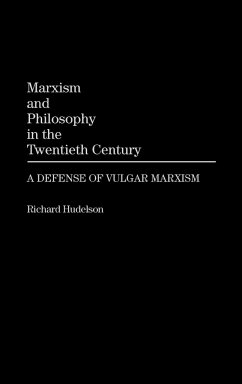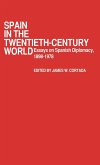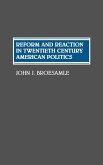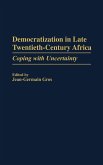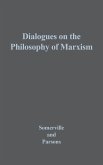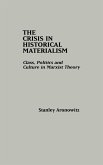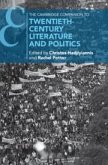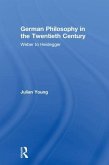Useful to both students and scholars of the social sciences and humanities, this book provides a guide to fundamental issues in twentieth-century Marxist thought. Outlining the two distinct and incompatible critiques of vulgar Marxism-- Marxist-Leninism and humanistic Marxism--that gained prominence in the aftermath of World War I, this book presents both an historical overview of these two dominant traditions and a critical analysis of their philosophical roots. Challenging the viewpoints of Marxist thought which have prevailed in this century, Richard Hudelson, argues that the supposed philosophical breakthroughs claimed by both Marxist-Leninism and humanistic Marxism rest upon flawed reasoning. With a careful critique of these prevailing views he presents his own view which while receptive to the social scientific work of current analytical Marxism, de-emphasizes the importance of philosophy in the study of Marxism. Hudelson contends that developments in contemporary philosophy of science will allow for an appreciation of the scientific Marxism of the Second International without recourse to the philosophical theories of humanistic Marxism and Marxist-Leninism. Also, using some of the more recent developments in the philosophy of science, this book makes possible a fruitful exchange between analytical Marxism and Marxist-Leninism. Divided into three parts, the book first presents a historical introduction which identifies positions and arguments of historical significance. This is followed by an analytical look at various arguments to determine where the strongest position lies. Finally, the author offers some concluding remarks on the significance of his analysis for current directions within Marxist philosophy.

